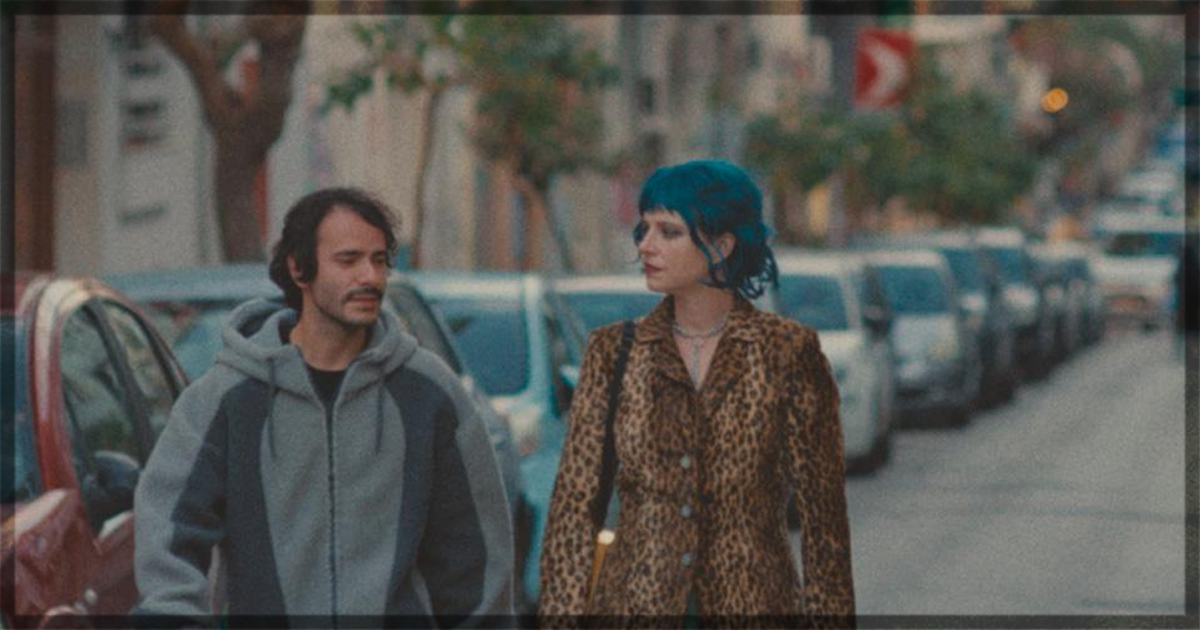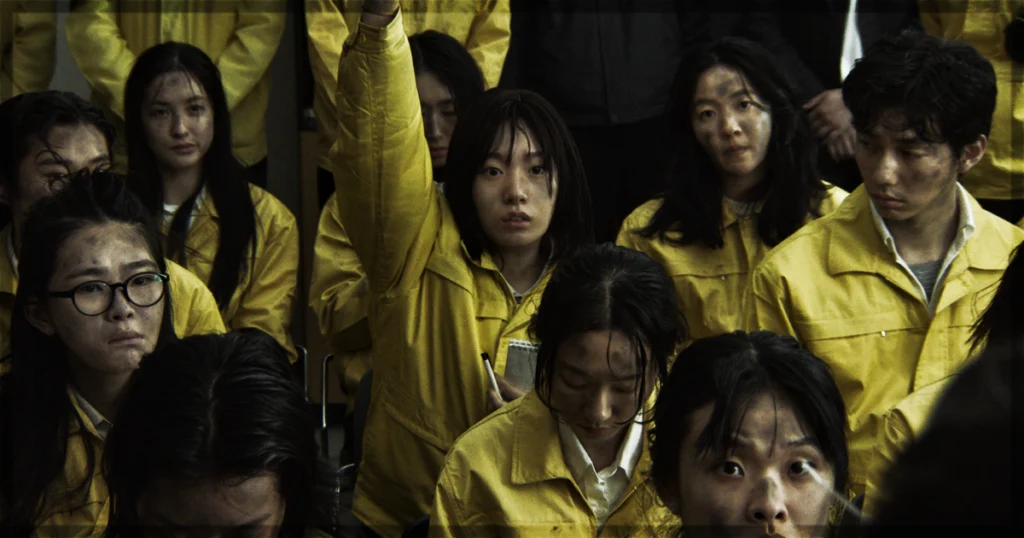There has been a disturbing recent trend of setting stories in the afterlife, with the position that growth and change is really only possible after you are dead. This removes our agency, and posits that our situation is more important than our free will. This is especially aggravating when you consider our world is being ever more marked by freedom of movement. We slide between having more agency to explore right now than has really previously been enjoyed in human history, and between being defined by our DNA. Whether it’s the philosophical jokery of American sitcom The Good Place or the prizewinning novel The Seven Moons of Maali Almeida, we seem to be in a moment where only the dead can examine whether life is worth living.
Charlie Kaufman burst onto the scene in 1999 with Being John Malkovich and since then has maintained a reputation for unusually clever, intellectual movies that play with audience expectations. Sadly in his more recent work he has pivoted both into directing and nihilism with a serious whiff of misogyny. This is most obvious in 2015’s Anomalisa, an animated movie about a depressive weirdo who hates life so much all faces look at the same, and when one individual woman crosses his path, behaves so badly towards her he ruins his chance of their happiness together. And now he has written and directed How to Shoot a Ghost (shoot as in photograph), a 27-minute film about two outsiders in Athens after their deaths. The script is by a poet named Eva HD, who is so coy about her identity she will not even publicly confirm which country she is from. And while there is nothing really wrong with How to Shoot a Ghost, there’s also not much right here either.
The central characters are given names in the credits but they don’t really matter. He (Joseph Akiki) is a migrant who arrived with his mother in Athens “before the war” and a homosexual who likes to wander the harbour at night. She (Jessie Buckley) is in Athens for some kind of argument with her father, but after that goes poorly ends up in an icky nightclub while wearing a blue wig and leopard-print coat. She also has a Polaroid camera strapped to her person, and when the two of them meet up and begin having adventures around the city together she begins photographing the ghosts they can suddenly see. For Athens is indeed haunted by various people who died in various historical epochs – Chloe Karmin does some fine work with the costumes – but our characters are also haunted by the fact that they seem to be experiencing the afterlife in the wrong place. Athens was not their home (though this is debatable) and they both seem trapped. Their voiceovers are at least more endearing than the portentous one voiced by Ms. HD herself, which ladles deep thoughts over home movies like syrup. By the end, 23 minutes (4 or so are devoted to the credits) have felt much longer.
The main reason to see the film is for Mr. Akiki’s face and Michal Dymek’s excellent cinematography, which manages to make Athens feel palpably haunted. A noisy modern city doesn’t often lend itself to this kind of reflection. But Mr. Kaufman appears to have spent the last decade caught in an unpleasant spiral. It is horrendous to think that we have to die into order to find out the truth of our lives, and it is disturbing that so many artists have decided to lean into this idea. Just imagine what adventures these two very different people could have had while they were still alive! Imagine a future instead of poking the bellybutton of the past! Wouldn’t that have been vastly more interesting?
How to Shoot a Ghost recently premiered at the Venice Film Festival.
Learn more about the short at the Venice site for the title.


